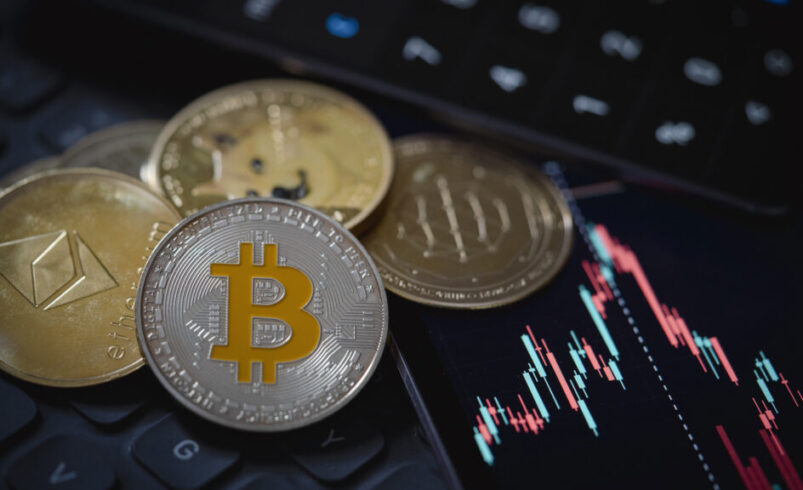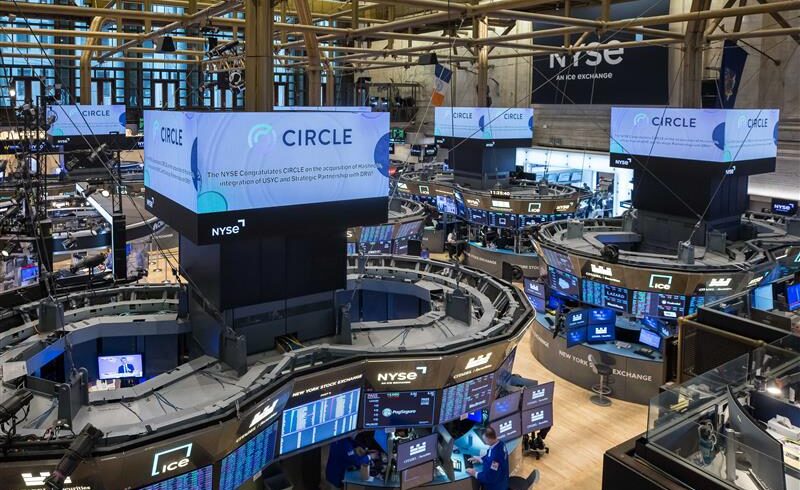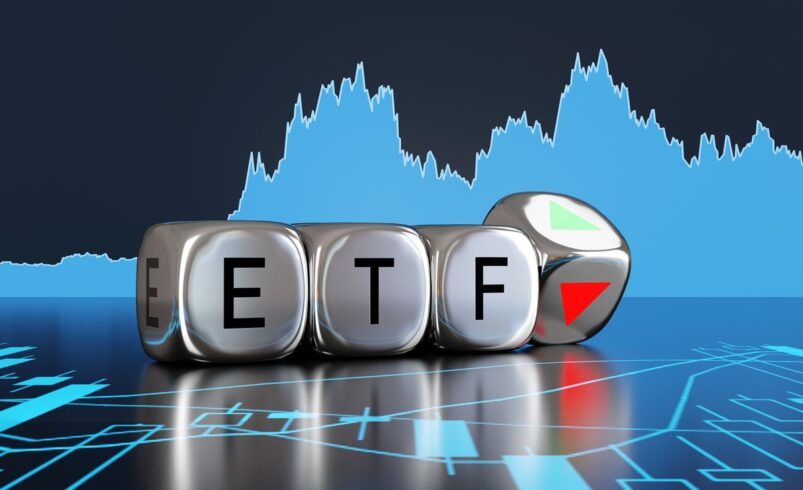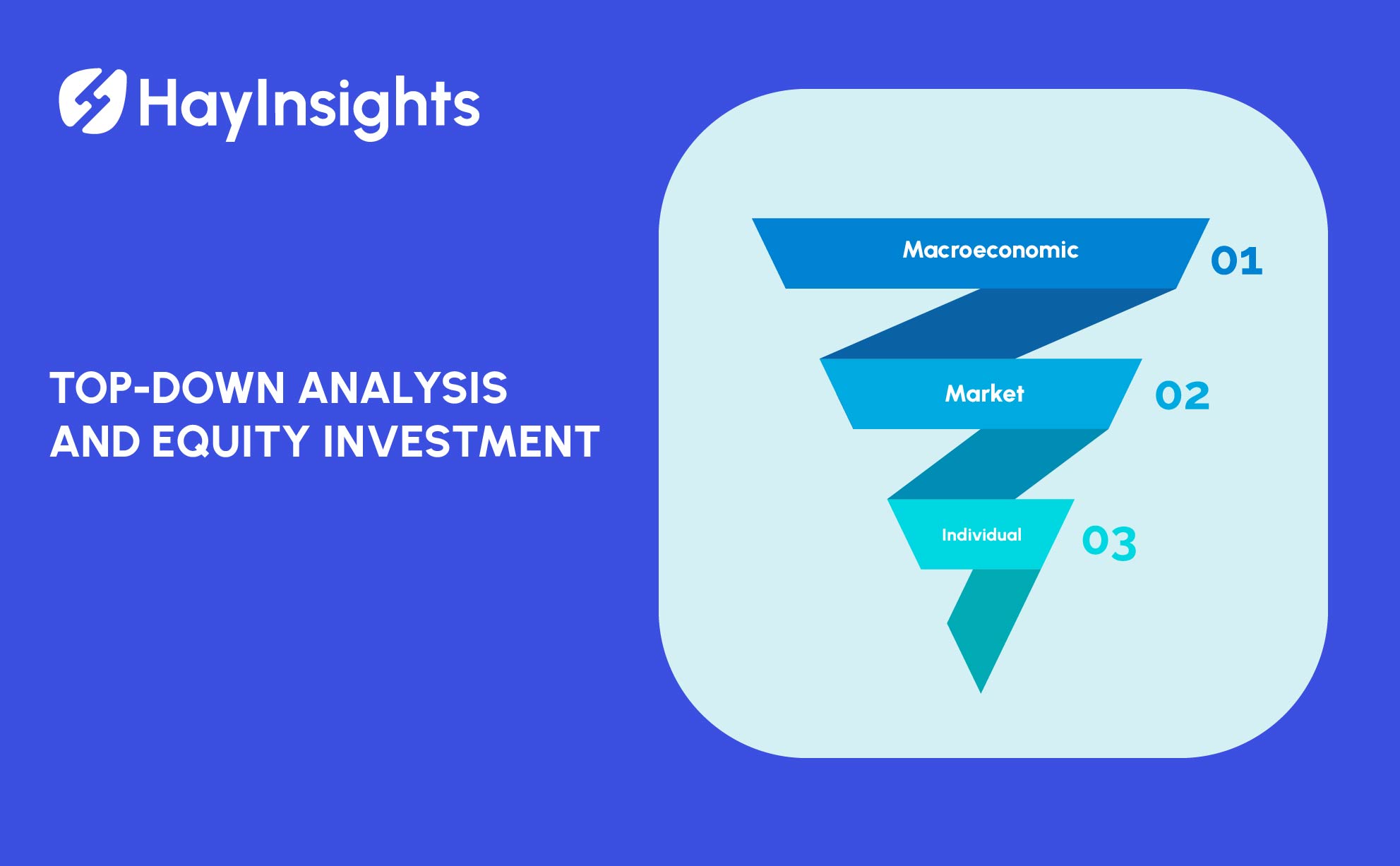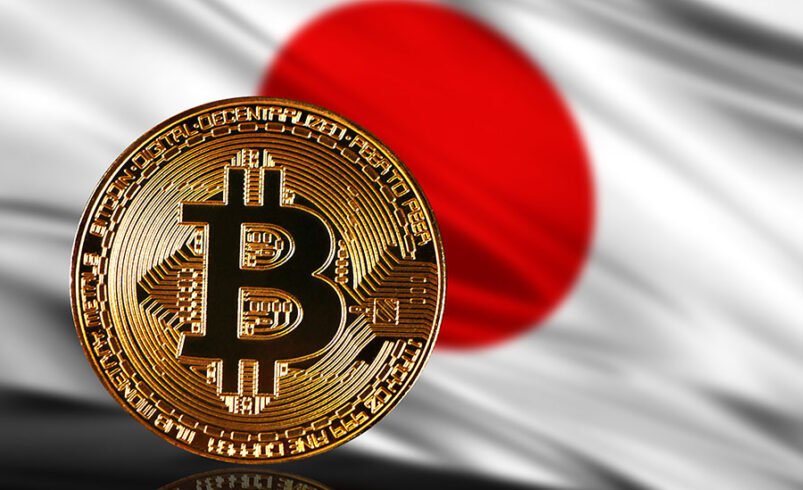
The Mt. Gox Incident and Attitudes Toward Cryptocurrency Investment in Japan 2024
Cryptocurrency has become a major topic of conversation across the globe, with countries adopting varying approaches to this decentralized form of digital money. Japan, in particular, occupies a unique position in the world of cryptocurrency. Known for its advanced technological infrastructure and long-standing reputation as a global financial hub, Japan’s relationship with cryptocurrency is both intriguing and complex. This article delves into the cultural attitudes toward cryptocurrency investment in Japan, exploring historical events, public perception, and the factors that influence adoption within the country.
The Historical Context: From Enthusiasm to Caution – The Mt. Gox Hack
Japan’s cryptocurrency journey began with enthusiasm and optimism, making it one of the first major economies to embrace digital currencies. However, the landscape changed significantly after the infamous Mt. Gox hack in 2014, which remains one of the largest cryptocurrency thefts in history. Mt. Gox, based in Tokyo, handled 70% of global Bitcoin transactions at its peak before it collapsed, with over 850,000 Bitcoins stolen.
This event led to a dramatic shift in how cryptocurrencies were perceived in Japan. What was once an exciting new frontier became a symbol of risk and instability. Japanese investors, traditionally conservative, became more skeptical of cryptocurrency investments. In response, the Japanese government moved swiftly to create a regulatory framework to protect investors, becoming one of the first countries to introduce laws governing cryptocurrency exchanges in 2017 under the Payment Services Act.
Current Public Perception: Trust Issues and Gradual Acceptance
Despite these challenges, Japan has remained at the forefront of cryptocurrency innovation, albeit with a more cautious public attitude. A key cultural factor influencing this is the high value that Japanese society places on trust and reliability in financial transactions. Historically, Japan has been a cash-based society, with physical money playing a dominant role in day-to-day transactions. This cultural preference for tangible, reliable assets has made it more difficult for digital and volatile currencies like Bitcoin to gain widespread acceptance.
However, younger generations in Japan, particularly those who are more tech-savvy, view cryptocurrencies more favorably. Many are intrigued by the possibilities of blockchain technology and decentralized finance (DeFi). Furthermore, as financial institutions in Japan, such as SBI Holdings and MUFG, become more involved in blockchain and digital asset technologies, the public’s trust in cryptocurrencies is slowly being restored.
The Impact of the Mt. Gox Hack on Investor Sentiment
The Mt. Gox incident left a lasting impression on the Japanese public, creating a sense of caution that persists to this day. While Japan’s regulatory environment has since evolved, offering more protections for investors, many individuals remain wary of cryptocurrency exchanges. The hack highlighted the potential risks associated with centralized exchanges, a factor that still influences how Japanese investors view their cryptocurrency options today.
As a result, many Japanese investors prioritize security over potential returns. This cautious approach is reflected in the growing popularity of hardware wallets and cold storage options, which keep cryptocurrency offline and thus less vulnerable to hacking.
The Role of Technology in Shaping Attitudes
Japan’s deep relationship with technology has played a dual role in the adoption of cryptocurrency. On one hand, the country’s reputation as a tech hub has encouraged innovation in the crypto space. On the other hand, Japan’s technological advancements have made consumers more aware of the cybersecurity risks associated with digital currencies. As a result, while there is a cultural enthusiasm for new technologies, there is also a significant concern about privacy and security.
The widespread use of cashless payment systems such as PayPay and Line Pay has introduced the Japanese public to digital transactions, slowly creating an environment where cryptocurrencies could eventually fit into everyday life. However, while these systems are highly secure and regulated, cryptocurrencies are perceived as less stable, leading to slower adoption.
Comparison to Other East Asian Countries
Japan’s cultural attitudes toward cryptocurrency can be contrasted with those of its neighbors, particularly South Korea and China. In South Korea, cryptocurrency has gained widespread acceptance, especially among younger generations, who are more open to the idea of digital assets. South Korea’s cryptocurrency trading culture is highly active, and initial coin offerings (ICOs) have gained popularity despite government crackdowns.
In contrast, China has taken a more aggressive stance against cryptocurrency, particularly in the wake of its development of a Central Bank Digital Currency (CBDC), the digital yuan. China’s stringent regulations and outright bans on cryptocurrency trading and mining have pushed much of the industry underground or out of the country. Japan, meanwhile, occupies a middle ground—balancing regulation and innovation—leading to a more cautious but sustained interest in the sector.
Anime, Manga, and Tech Culture’s Influence on Crypto Enthusiasm
One interesting and unique cultural factor in Japan is the influence of anime, manga, and video game culture on cryptocurrency enthusiasm. Japanese tech culture has always been intertwined with virtual economies, as seen in virtual currencies used in games like Final Fantasy and Monster Hunter. This familiarity with virtual assets has made younger generations more open to the concept of cryptocurrencies as a form of digital ownership.
Several cryptocurrency projects in Japan have leveraged these cultural phenomena. For instance, NFTs (Non-Fungible Tokens) tied to popular manga or anime series have found success within the Japanese market. Companies like LINE, a major social media and messaging platform in Japan, have also launched blockchain initiatives, which include cryptocurrency and digital asset trading, targeting a younger, tech-driven audience.
The Future of Cryptocurrency in Japan: Opportunities and Challenges
As of 2024, cryptocurrency adoption in Japan is still in a transitional phase. While the Japanese government has created one of the most robust regulatory frameworks globally, which provides a safety net for investors, cultural factors such as trust and risk-aversion continue to slow the adoption rate compared to other advanced economies.
The growing popularity of central bank digital currencies (CBDCs), particularly Japan’s own exploration into a digital yen, adds another layer of complexity to the cryptocurrency landscape. A digital yen could coexist with decentralized cryptocurrencies or potentially overshadow them, depending on how the government and the public perceive the need for decentralized alternatives.
However, Japan’s strong tradition of technological innovation means that, despite current hesitations, there remains significant potential for growth in the cryptocurrency market. As blockchain technology becomes more integrated into various industries—from finance to supply chain management—Japanese companies and investors are likely to become more comfortable with the idea of digital currencies.
Conclusion
Cultural attitudes toward cryptocurrency investment in Japan are shaped by a combination of historical events, technological advancements, and deeply rooted social values. While the country has been a leader in regulatory innovation, public adoption of cryptocurrencies remains cautious, largely due to a conservative approach to financial risk and the lasting impact of the Mt. Gox hack. However, with growing interest among younger generations and increased involvement from institutional players, Japan is poised to remain a key player in the global cryptocurrency ecosystem.


